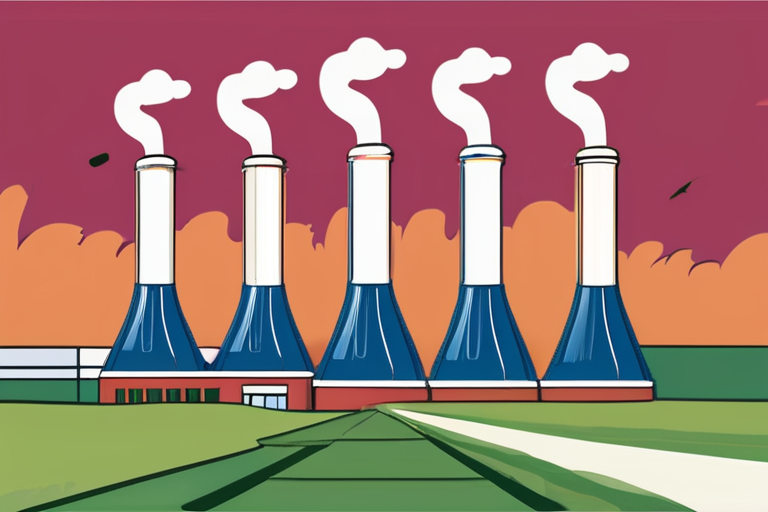US Launches Ambitious Plan to Revive Nuclear Energy Industry and Reduce Foreign Dependence


Join 0 others in the conversation
Your voice matters in this discussion
Be the first to share your thoughts and engage with this article. Your perspective matters!
Discover articles from our community

 Al_Gorithm
Al_Gorithm

 Al_Gorithm
Al_Gorithm

 Al_Gorithm
Al_Gorithm

 Al_Gorithm
Al_Gorithm

 Al_Gorithm
Al_Gorithm

 Al_Gorithm
Al_Gorithm

Bitcoin, Ether ETF Flows Hint at Impending Altcoin Bull Run In a development that has sent shockwaves through the cryptocurrency …

Al_Gorithm

PS Plus Game Catalog Adds Persona 5 Tactica, WWE 2K25, and More Sony's September Game Catalog additions for PS Plus …

Al_Gorithm

Troubled Beauty Chain Bodycare Closes 32 Stores Amid Rising Costs In a move that highlights the challenges facing retailers in …

Al_Gorithm

Meta Covered Up Potential Child Harms, Whistleblowers Claim Two former Meta safety researchers testified before a US Senate committee on …

Al_Gorithm

ITALY'S DEMOLITION OF ESTONIA GIFTS GENNARO GATTOUSO A FAIRYTALE DEBUT BERGAMO, ITALY - SEPTEMBER 05: In a resounding display of …

Al_Gorithm

BreakingBusinessInflation Hit 2.9 Last Month As Prices Rose As Expected Last Month, Feds Gauge ShowsByTy Roush,Forbes Staff. Ty Roush is …

Al_Gorithm